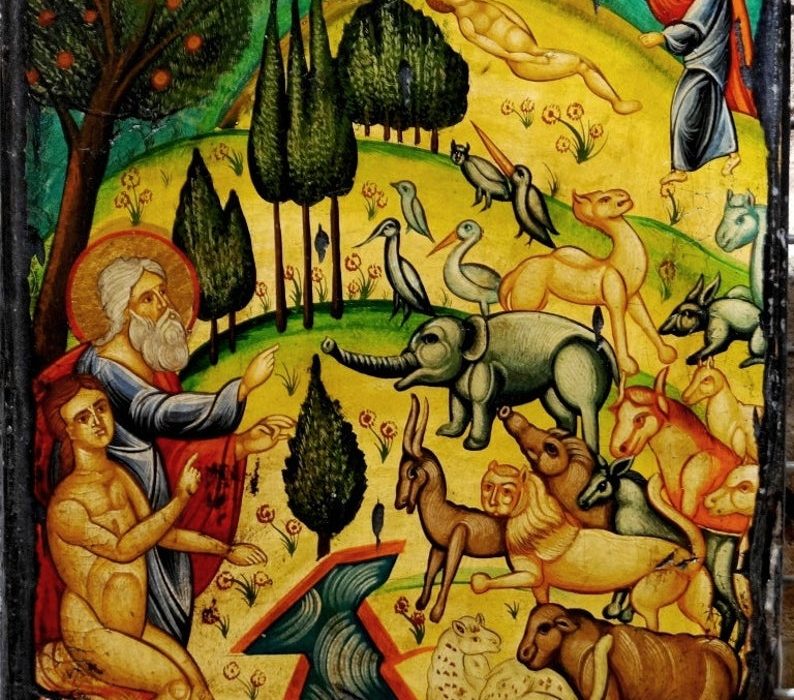Piety in the Pestilence II
Thought this creation may at times seem full of sorrow, yet as Christians we meditate upon the blessing of existence, even an existence which contains suffering, for to live with both love and pain is better than to not live at all.
We have spoken of the beauty of this world, of existence, and of the life of the world to come, flowing forth from the eternal beauty of God, who created what the Greeks called the kosmos, that is, the ‘beautiful thing’ (We get the word ‘cosmetic’ from the same root). Yet, during such times of trial as we are now experiencing, we do not always see the beauty and dignity of creation. Moreover, we forget the beauty and dignity of God’s most precious creation, that is, man. We forget our own innate and infinite value before the divine. Some horde store goods in hopes of saving themselves at the expense of others. Some, perhaps of a more calculating mindset, buy up necessary supplies to resell them at a heightened cost, in hopes of profiting off of the need of others. In all this, we become, as Luther put it, incurvatus in se, that is, ‘curved in on ourselves.’ We all recognize the value of our own person. That is the definition of selfishness. But in a crisis, we forget the value of all other persons, each who has just as many experiences, just as many loves, just as deep an inner experience of life as ourselves; and more importantly, just as deep an importance to God as ourselves, for God is no respecter of persons. Therefore, we need to be reminded not only of our own dignity as moral beings, called by God our Father to a life of virtue, but also of the innate dignity of all our neighbors, that we may live in virtue and love toward them, even as it is written, ‘love thy neighbor as thy self.’
Again, the devout Lutheran theologian Valerius Herberger has much to remind us of on this topic:
“After God created the livestock, the creeping things, and the wild beasts, He prepared for His holiday and at last created man, the dearest pup of His litter, the noblest and most skillfully made of His creatures. From this God’s profound love for men can be appreciated yet again.
He had no desire to set man inside a big, bare house with no furniture, but first filled the house with cabinets, chests, cellars, and attics, and fitted it out with all and everything needed to run a farm. Now man would be king of his castle and have absolutely everything that he would want, need, or enjoy. The ordering of creation proves this, for after everything was ready it was cleaned up for man and stocked for his lodging. The whole world together with all creation was to serve man, but man was to be devoted to God alone. In addition, man was created last of all so that he could consider, contemplate, and marvel at all creation, and thus get to know God’s almighty power, unsearchable wisdom, and unfathomable love for all mankind.
Now, devoutly consider the great ceremony with which God made His preparations. God did not say as above, ‘Let there be man,’ etc. or, ‘Let the waters swarm,’ or ‘the earth bring forth,’ etc. Rather, He called a solemn council: ‘Let us make man.’ For man was to be God’s masterpiece and work of art. He wanted to end His work well by taking every wonderful thing in the whole world and wrapping it up in man like a little compendiose [a basket or bundle] so that man would be a microcosm [all creation summarized in one being] as the philosophers say.”
Therefore, as we go forward dealing with the pandemic, in obedience to the advice of the governing authorities, let us ever recall that we are not merely doing what must be done so that ‘some people might stay healthy’, but to keep the most wonderful of all creations, our fellow man, blessed by God and redeemed by Christ, each one a universe within themselves. Though the world may act out of fear, we act out of adoration for the image of God, and this alone compels us.
Pastor Fields



